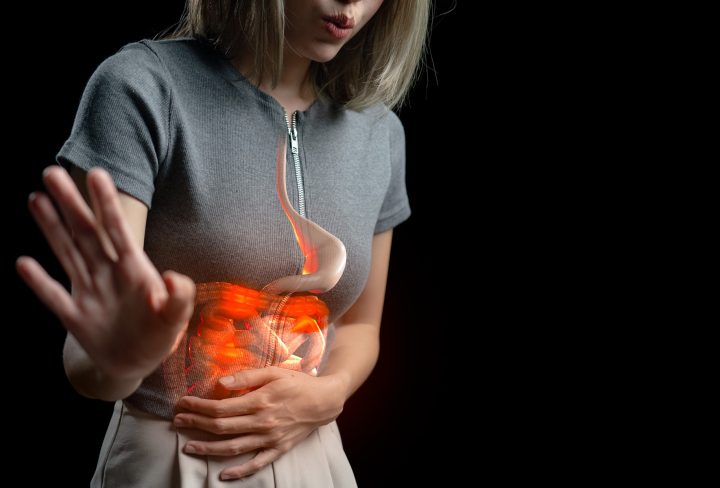Introduction: Peptic Ulcer Disease (PUD) is a common condition that affects millions of people around the world. This painful condition can cause significant discomfort and can even lead to serious complications if left untreated. In this blog post, we will explore the causes, symptoms, and treatments of PUD.
Causes:
• Helicobacter pylori Infection: The most common cause of PUD is infection with the bacterium Helicobacter pylori (H. pylori). This bacterium can infect the lining of the stomach or the first part of the small intestine, known as the duodenum.
• Nonsteroidal anti-inflammatory drugs (NSAIDs): Overuse of NSAIDs such as aspirin, ibuprofen, and naproxen can also cause PUD by irritating the lining of the stomach and duodenum.
Symptoms:
• Burning pain in the upper abdomen, often occurring between meals or at night
• Nausea and vomiting
• Loss of appetite and weight loss
• Bloating and belching
• Dark, tarry stools
Diagnosis:
• Upper endoscopy: A thin, flexible tube with a camera is inserted through the mouth and into the stomach and duodenum to examine the lining for ulcers or inflammation.
• Blood test: A blood test can detect the presence of H. pylori antibodies, indicating an active infection. • Stool test: A stool sample can also be tested for the presence of H. pylori.
Treatment:
• Antibiotics: A combination of antibiotics is often used to treat H. pylori infection.
• Proton pump inhibitors (PPIs): PPIs are a class of medications that reduce the amount of acid produced in the stomach, allowing ulcers to heal.
• H2 receptor blockers: H2 blockers are another type of medication that reduces the amount of acid produced in the stomach.
Complications:
• Bleeding ulcers: Ulcers can bleed, leading to anemia or even life-threatening hemorrhage.
• Perforation: In rare cases, ulcers can penetrate the wall of the stomach or duodenum, causing a hole and requiring emergency surgery.
• Gastric outlet obstruction: In some cases, scarring from ulcers can cause a blockage in the stomach or duodenum, preventing food from passing through.
Conclusion: Peptic Ulcer Disease is a painful and potentially serious condition that can be caused by a variety of factors, including H. pylori infection and overuse of NSAIDs. If you experience symptoms of PUD, it is important to seek medical attention promptly to prevent complications. With proper treatment, most ulcers can heal, and symptoms can be relieved.



